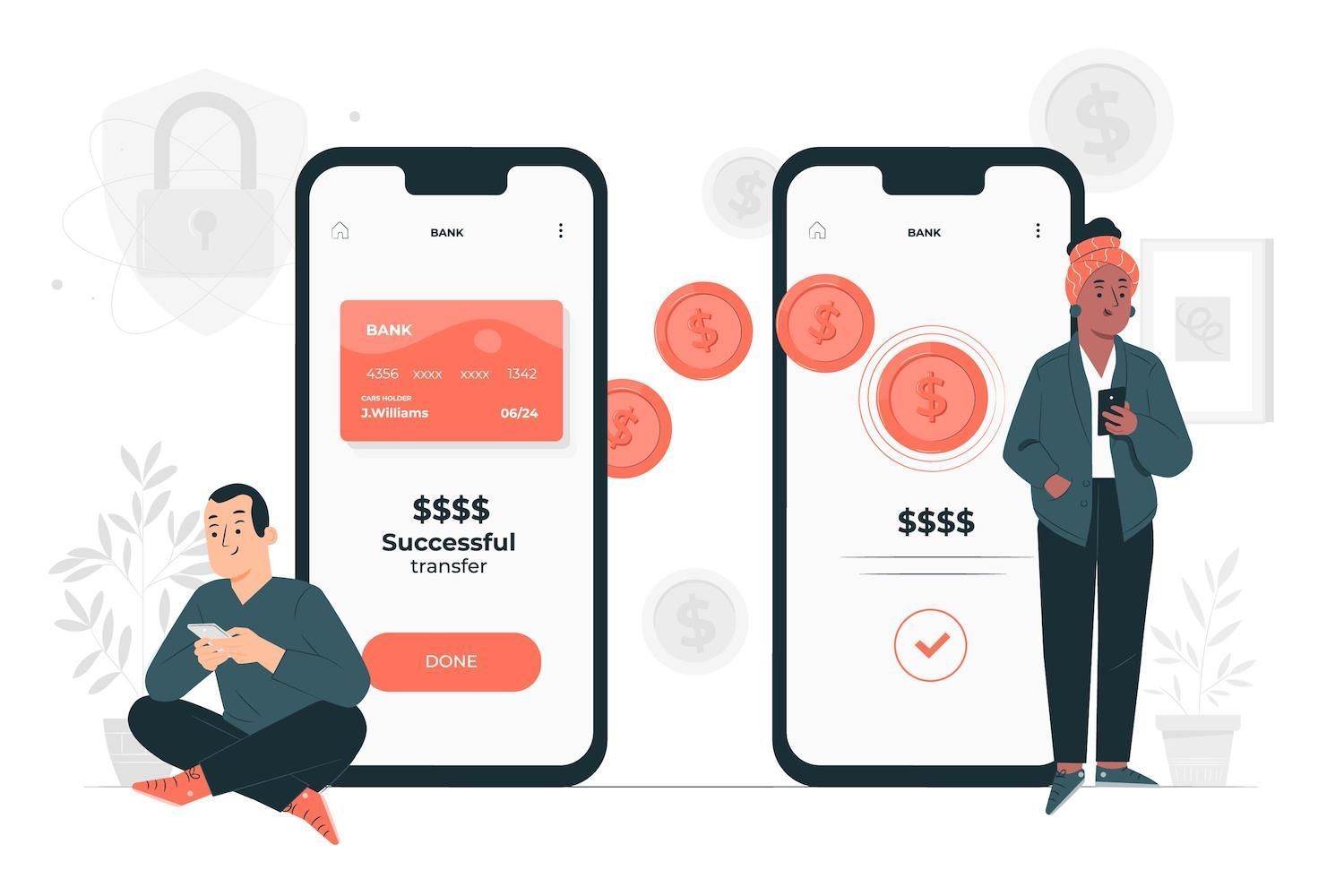Stop Abandoning Your Learners -

I've seen it on a variety of occasions.
Employers are advised to attend online courses for training (or perhaps or a live event for training) after being informed that they are required to do so to perform their duties.
They can take time off from their hectic schedules in order to improve their strategies and skills.
Instructors (be they online or in-person) have energy and enthusiasm for their subjects they're teaching.
You can find practice scenarios along with quizzes, as well as discussion groups to ensure that everyone in the class is aware of the material.
After the day, the learning session has ended and the child is sent to school in the hope that they'll put what that they learned to use.
However, it is possible to happen...
Participants in the training are then able to return to work, and are unable to remember a significant portion of what they've acquired - however, this isn't their responsibility. It is because they were not properly supported following having completed the training.
What's Your Post-Training Assistance Program?
This model is the most utilized model during live events of training, but it could be applied to diverse methods to instruct.
Much time and effort goes in the creation of engaging seminars or courses and there's usually no follow-up strategy in place to follow the class or the lecture.
Teachers are applauded on the work they've completed, however, they're doing it negatively affecting attendees of the event not having a proper support system that can help them.
This needs to be changed.
After the course There are three elements to support post-training:
- Plan for communication to follow-up
- Webinars to provide clarification regarding the subject
- Support portal
After the course is completed, students must begin receiving messages regarding the information they have acquired. The first is an overview (with responses to the most frequently requested most frequently asked questions).
Communication frequency is important to maintain during the initial few weeks after the course.
It's an excellent idea to organize an online seminar where employees can "check on" to their employees' comments to find out whether there are any other problems or questions in addition to see if they're implementing the lessons they have learned. The duration of the event could vary from an hour to 3 hours, depending on the level of difficulty in the content. You can have multiple webinars.
If you're planning a training program where live instruction is essential, make sure you don't leave your participants following the course. If you've got the proper after-training assistance strategy in place it is possible to ensure that the learning process will be more suited to the needs of your organization.
This article first appeared on this site
Article was posted on here
